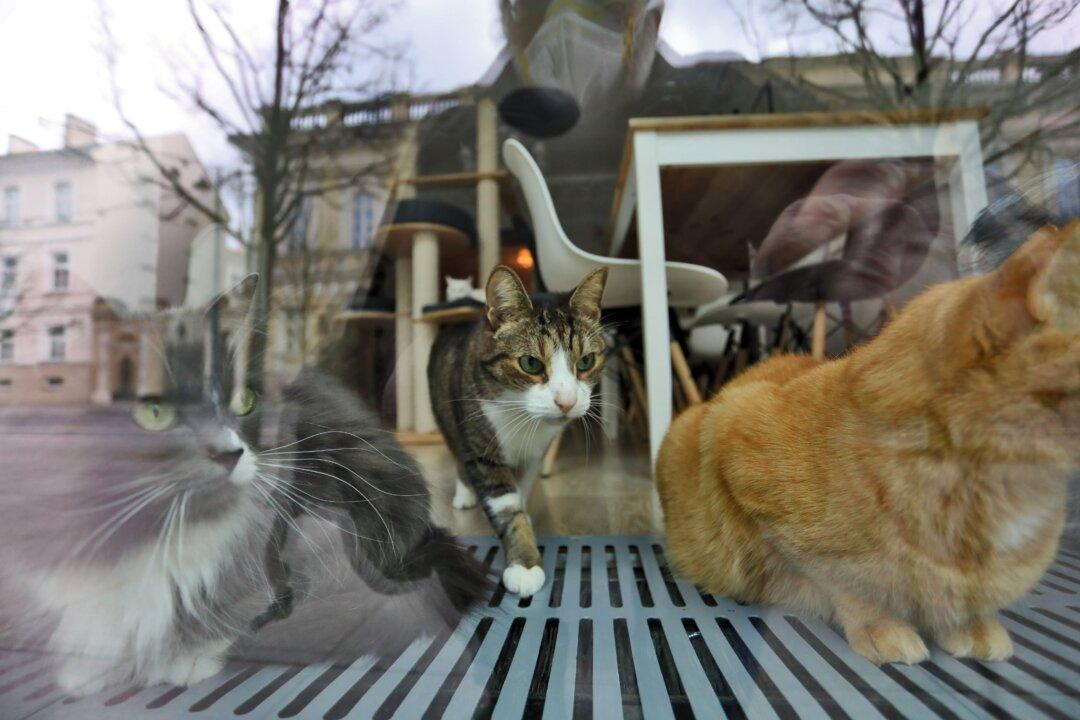Two pet cats tested positive for the CCP virus, federal authorities said Wednesday.
The CCP (Chinese Communist Party) virus, a novel coronavirus that emerged from mainland China last year, causes the potentially deadly disease COVID-19.


Two pet cats tested positive for the CCP virus, federal authorities said Wednesday.